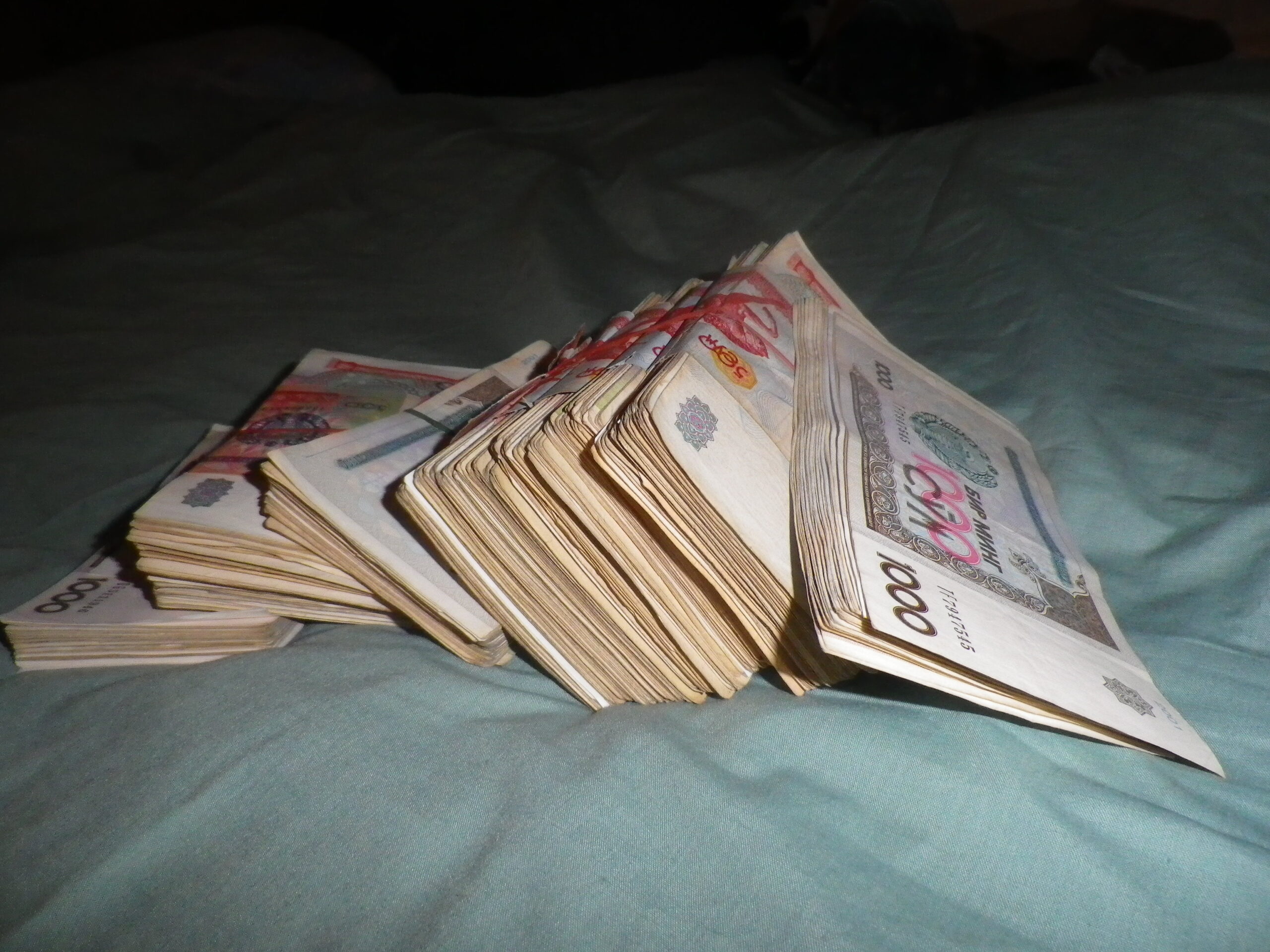Gathering intelligence on money laundering and terrorist financing is just one step for authorities trying to crack down on those crimes. Transforming the intelligence into courtroom-ready evidence is just as vital.
That challenge was the focus of a European Union-led workshop in Türkiye this week that drew more than 50 judicial and law enforcement officials, many of them from Central Asian countries. The prosecutors, police and financial intelligence experts discussed asset confiscation and forfeiture, mutual legal aid, open source intelligence and parallel financial investigations, which amount to following the money while separate criminal probes are underway.
“The need to ensure the conversion of financial intelligence into admissible evidence in court is paramount, as it is the step that allows countries to prevent, detect and better prosecute criminals involved in financial crimes,” David Hotte, team leader at the EU Global Facility on money laundering and terrorism financing. The EU project and Türkiye´s financial intelligence unit, which is part of the Ministry of Finance, organized the workshop in Ankara, the Turkish capital. It ended Wednesday.
The participants were from Kazakhstan, Kyrgyzstan, Tajikistan, Turkmenistan, Uzbekistan, Azerbaijan, Georgia and Somalia.
In recent years, Kazakh authorities have pursued an international campaign to recover assets that they say were stolen and moved abroad. Last month, Kazakh authorities said they had completed an investigation into the case of a nephew of former president Nursultan Nazarbayev and that the equivalent of $1.6 billion worth of assets had been returned to the state.
The United Nations Office on Drugs and Crime is also helping Central Asia with efforts against financial crimes. In April, it hosted a training session on money laundering for prosecutors, judges and financial investigators in Kyrgyzstan. Similar workshops have been held in Uzbekistan and Kazakhstan.
Some civil society groups in Central Asia say their governments could do a lot more to ensure budget transparency and curb violations of financial legislation.
A 2023 index compiled by Transparency International ranks countries by perceived levels of public sector corruption – 0 is very corrupt and 100 is very clean. Kazakhstan scored 39, followed by Uzbekistan (33), Kyrgyzstan (26), Tajikistan (20) and Turkmenistan (18).
The index scores are based on at least three “data sources” drawn from 13 different corruption studies and collected by institutions including the World Bank and the World Economic Forum, according to Transparency International.









